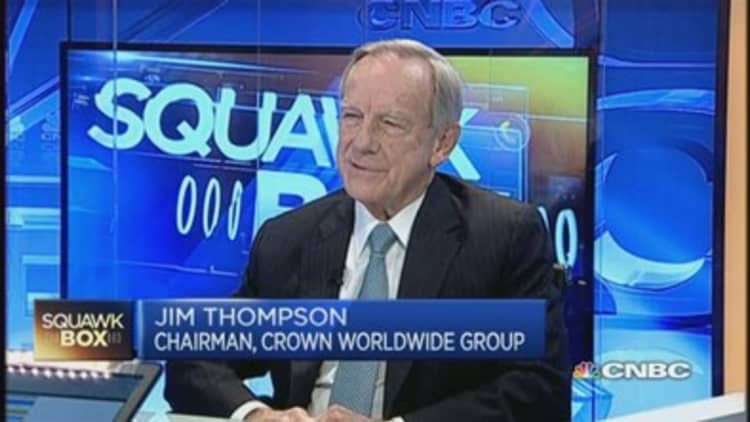China is expanding an income-tax break to help more companies and will speed construction of water projects, the cabinet said on Wednesday, as it boosts fiscal support for a cooling economy.
A scheme to discount corporate tax rates by a fifth will be widened to cover firms with annual taxable income of 200,000 yuan ($31,953), the State Council said in an online statement after a weekly meeting.
The concession was formerly restricted to companies with taxable income of less than 100,000 yuan.
Last year, China logged economic growth of 7.4 percent, its worst in 24 years, dragged down by a sagging housing market and a slowdown across sectors from exports to investment and manufacturing.
Many analysts expect growth in the world's second-largest economy to fall still further this year, to around 7 percent.
The economy still faces downward pressure and needs more "active fiscal policy" to keep growth in a reasonable range, the cabinet said.
To cut firms' costs and spur employment, an unemployment insurance fee paid by employers will be cut to three percent from two percent of workers' wages, saving companies more than 40 billion yuan a year, the cabinet said.

More money will be spent on public services to improve livelihoods and steady the economy, it said.
Construction is to begin as soon as possible on around 100 large hydro projects that have already been approved, ranging from water conservation to irrigation, it added.
More than 90 percent of the funds for projects financed by the central government will be allocated by the end of June.
Local governments, which are responsible for most of the infrastructure construction but have inadequate finances, can seek funding through bridge loans and private investment, the cabinet said, without giving details.

